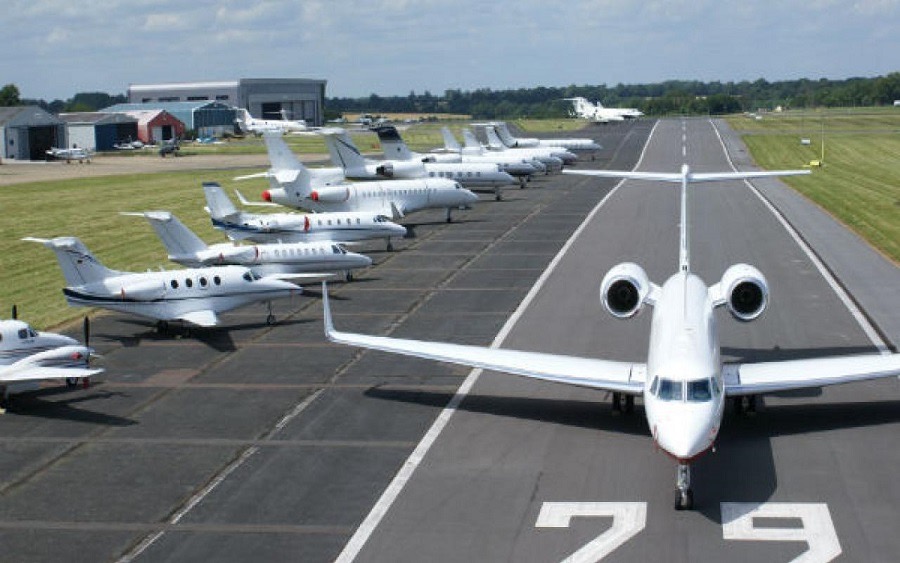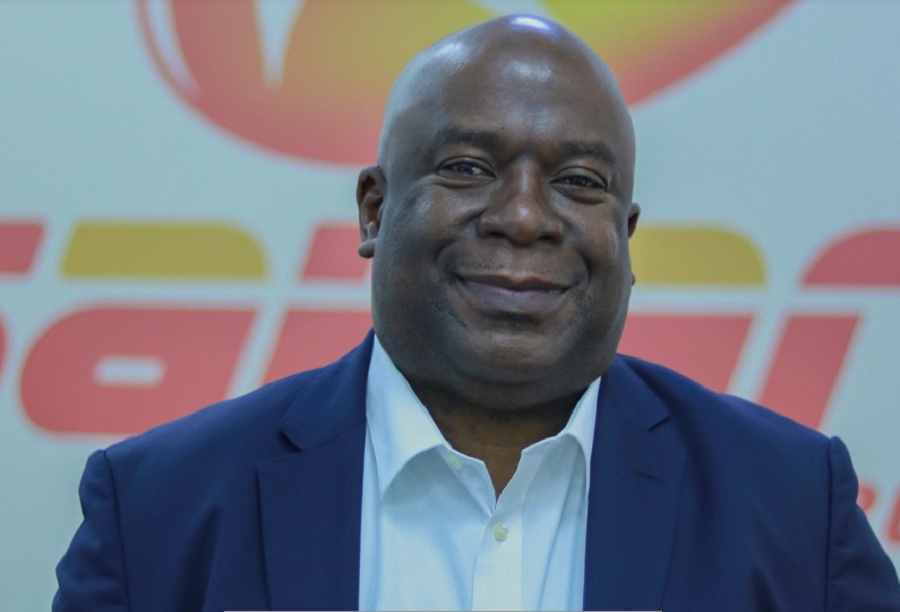Operators in the Nigerian air space have witnessed several difficulties due to some operational challenges, precipitated by what most of them describe as an unfriendly business environment.
While some of the challenges like scarcity of forex and high maintenance cost are still creating holes in operators’ pockets, most of the airlines have made smarter moves to reduce some of their operational costs.
This was disclosed by the Nigerian Civil Aviation Authority (NCAA), and the airlines. According to its Director-General, Captain Musa Nuhu, the airlines have re-strategized by using cost-effective aircraft for business.
READ: Why new airlines find it difficult to get certified, fly in Nigeria – NCAA
He said, “Already, there is a paradigm shift. People are beginning to realize you can’t use Boeing 737 aircraft for short flights. I can see Air Peace has got an E-195, and he plans to replace all the B737 in the long term. United Nigeria is using Embraer 145. Green Africa is using ATR 42, 72.
“There is one that has started processing its documents; he wants to use Embraer 145. Chanchangi wants to come back and they want to use ATR. The demand is there. The thinking is changing because this B737 business is not working for us. It is going to take a while but it is a positive change in the industry.”
Green Africa, NG Eagle adopt cheaper means
Green Africa Airways, NG Eagle and other airlines coming up are already thinking smarter than their counterparts, as some of them have adopted cheaper administrative costs.
Instead of setting up glamorous offices in major commercial cities across the country like some older airlines, the new ones have decided to only set up offices in a few cities.
They plan to open offices in Lagos and Abuja, while they operate through contract agents, who would earn commissions on patrons, across other cities.
READ: The man singlehandedly changing the aviation industry narrative
A source in Green Africa who prefers anonymity told Nairametrics that the airline did not plan to employ more than 15 staff across the country.
“We are only employing less than 20 direct staff but will get more contract staff to do more work. Most of the other jobs will be outsourced. The era of employing scores of staff and paying them fortunes for the same jobs agents and temporary workers can do is gone. To survive during difficult times, we must implement certain measures,” the source revealed.
When will the sector come out of the woods?
One of the major challenges frustrating operators is the cost of maintaining their aircraft, especially as they have to fly them to Europe for servicing.
To address this, the NCAA boss said the government was working on setting up a Maintenance Repair and Overhaul hanger (MRO) in Nigeria.
He said, “You know airlines go to Europe for maintenance, but when we have MRO, it creates employment. You just roll in your aircraft and do your maintenance in there in Naira.
You don’t have to go to CBN looking for $100,000. It takes you six to seven biddings and your aircraft is on the ground for two months while you are waiting for money. These are part of the processes and strategies that are being put together to help the industry grow.”
READ: How air passengers can save more as Nigerian fares rise by 100% in 30 days
What you need to know about airline operations
A week ago, Nairametrics reported that the Nigerian Aviation sector had witnessed the good, the bad, and the ugly. It had changed from a sector that could boast of about 40 active domestic airlines, to an ailing sector with only 23 active domestic airlines.
A great number of them either folded up due to operational pressure or were taken over by the Asset Management Corporation of Nigeria (AMCON) due to illiquidity.
Some of the challenges are lack of good corporate governance, bailout funds, unfriendly business environment, high cost, and nature of maintenance, among others.












